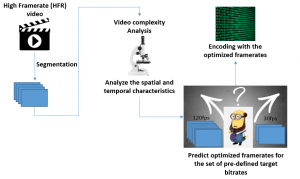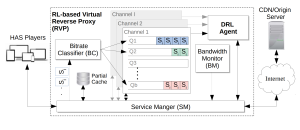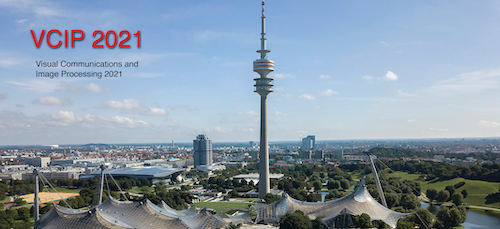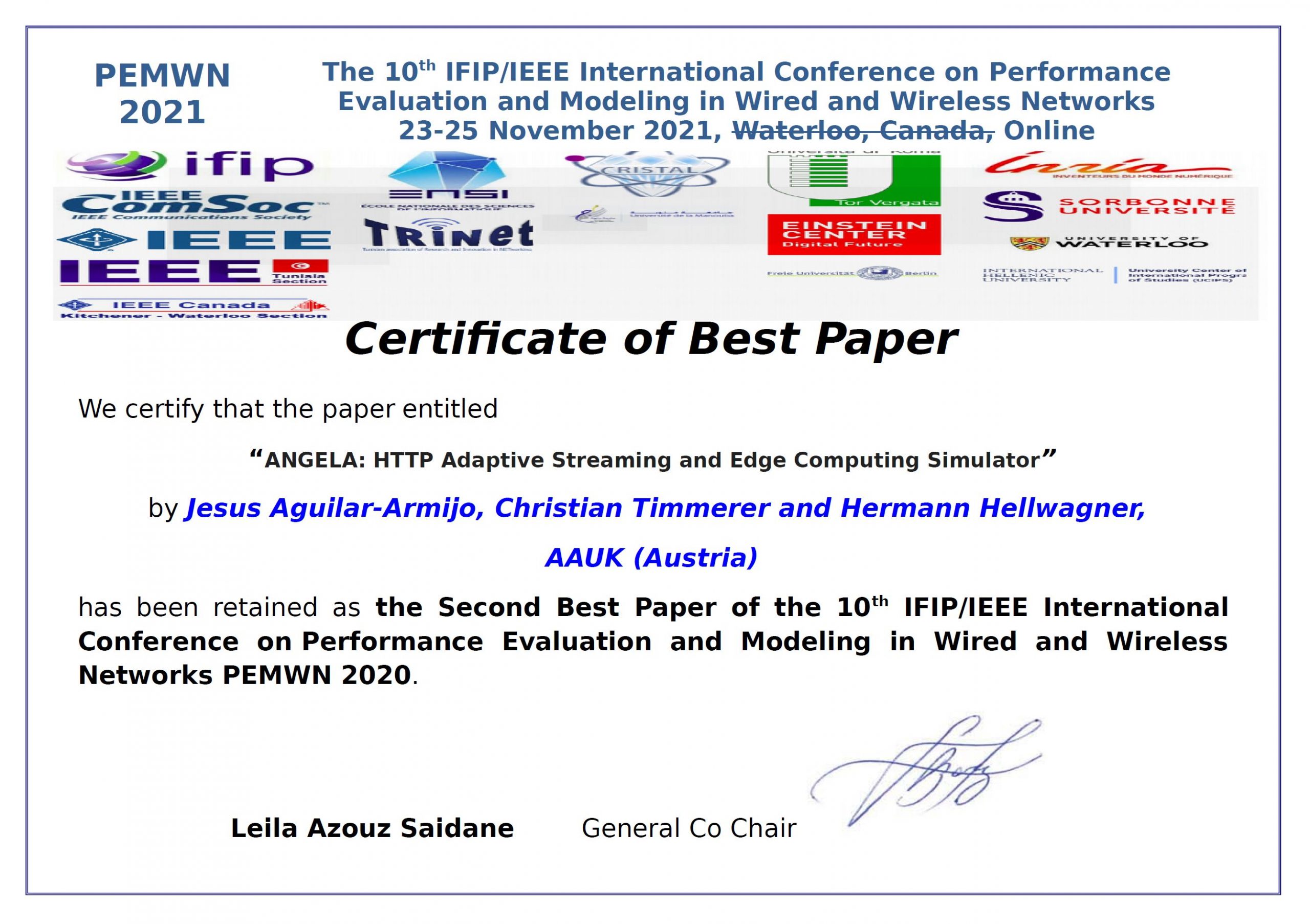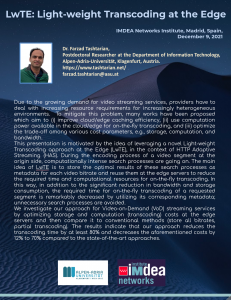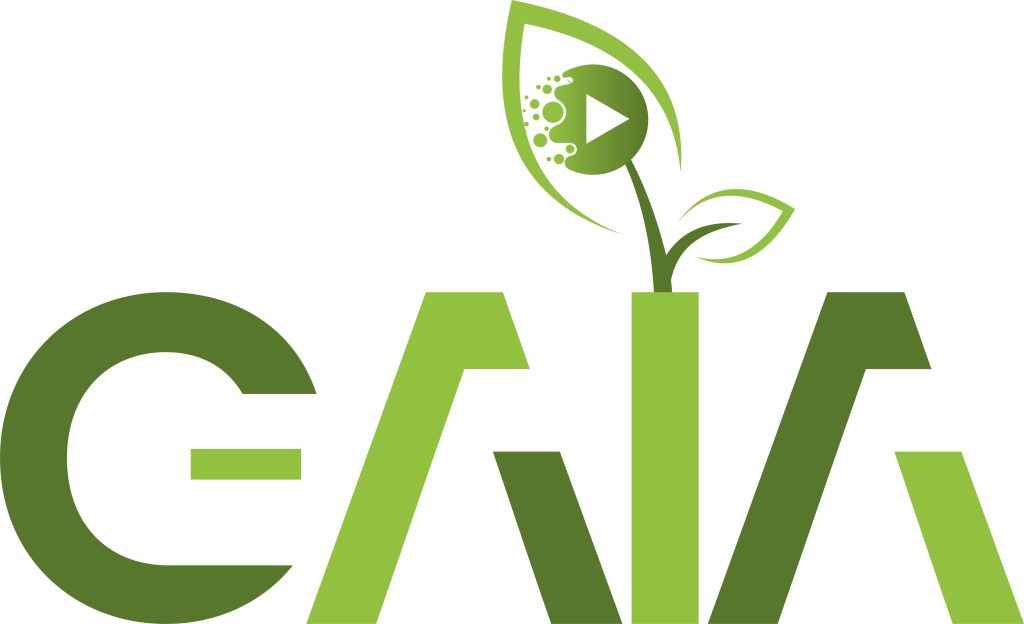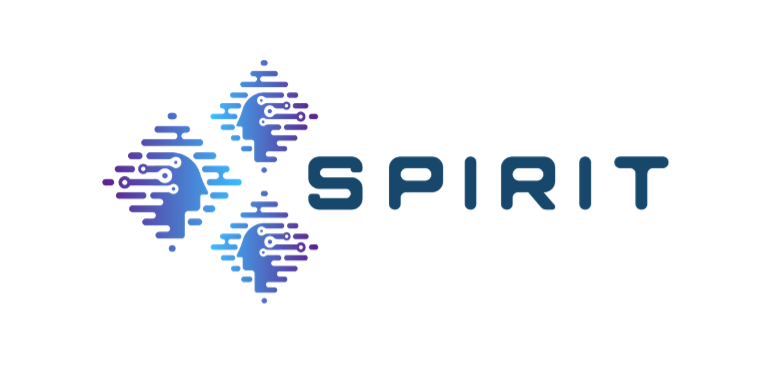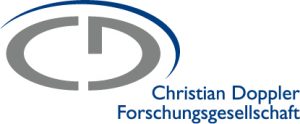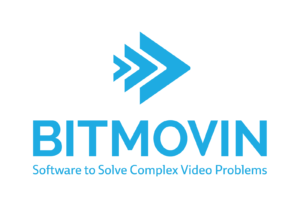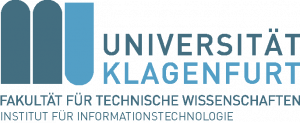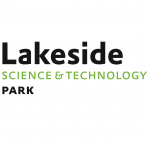IEEE International Conference on Communications (ICC)
May 16–20, 2022 | Seoul, South Korea
Reza Farahani (Alpen-Adria-Universität Klagenfurt), Farzad Tashtarian (Alpen-Adria-Universität Klagenfurt), Christian Timmerer (Alpen-Adria-Universität Klagenfurt), Mohammad Ghanbari (School of Computer Science and Electronic Engineering, University of Essex, Colchester, UK), and Hermann Hellwagner (Alpen-Adria-Universität Klagenfurt).
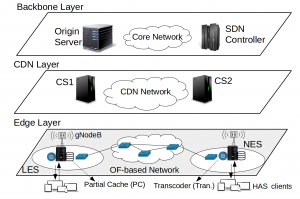 Abstract: With the emerging demands of high-definition and low-latency video streams, HTTP Adaptive Streaming (HAS) is considered the principal video delivery technology over the Internet. Network-assisted video streaming schemes, which employ modern networking paradigms, e.g., Software-Defined Networking (SDN), Network Function Virtualization (NFV), and edge computing, have been introduced as promising complementary solutions in the HAS context to improve users’ Quality of Experience (QoE) as well as network utilization. However, the existing network-assisted HAS schemes have not fully used edge collaboration techniques and SDN capabilities for achieving the aforementioned aims. To bridge this gap, this paper introduces a coLlaborative Edge- and SDN-Assisted framework for HTTP aDaptive vidEo stReaming (LEADER). In LEADER, the SDN controller collects various information items and runs a central optimization model that minimizes the HAS clients’ serving time, subject to the network’s and edge servers’ resource constraints. Due to the NP-completeness and impractical overheads of the central optimization model, we propose an online distributed lightweight heuristic approach consisting of two phases that runs over the SDN controller and edge servers, respectively. We implement the proposed framework, conduct our experiments on a large-scale testbed including 250 HAS players, and compare its effectiveness with other strategies. The experimental results demonstrate that LEADER outperforms baseline schemes in terms of both users’ QoE and network utilization, by at least 22% and 13%, respectively.
Abstract: With the emerging demands of high-definition and low-latency video streams, HTTP Adaptive Streaming (HAS) is considered the principal video delivery technology over the Internet. Network-assisted video streaming schemes, which employ modern networking paradigms, e.g., Software-Defined Networking (SDN), Network Function Virtualization (NFV), and edge computing, have been introduced as promising complementary solutions in the HAS context to improve users’ Quality of Experience (QoE) as well as network utilization. However, the existing network-assisted HAS schemes have not fully used edge collaboration techniques and SDN capabilities for achieving the aforementioned aims. To bridge this gap, this paper introduces a coLlaborative Edge- and SDN-Assisted framework for HTTP aDaptive vidEo stReaming (LEADER). In LEADER, the SDN controller collects various information items and runs a central optimization model that minimizes the HAS clients’ serving time, subject to the network’s and edge servers’ resource constraints. Due to the NP-completeness and impractical overheads of the central optimization model, we propose an online distributed lightweight heuristic approach consisting of two phases that runs over the SDN controller and edge servers, respectively. We implement the proposed framework, conduct our experiments on a large-scale testbed including 250 HAS players, and compare its effectiveness with other strategies. The experimental results demonstrate that LEADER outperforms baseline schemes in terms of both users’ QoE and network utilization, by at least 22% and 13%, respectively.
Keywords:
Dynamic Adaptive Streaming over HTTP (DASH), Network-Assisted Video Streaming, Video Transcoding, Quality of Experience (QoE), Software-Defined Networking (SDN), Network Function Virtualization (NFV), Edge Computing, Edge Collaboration.

